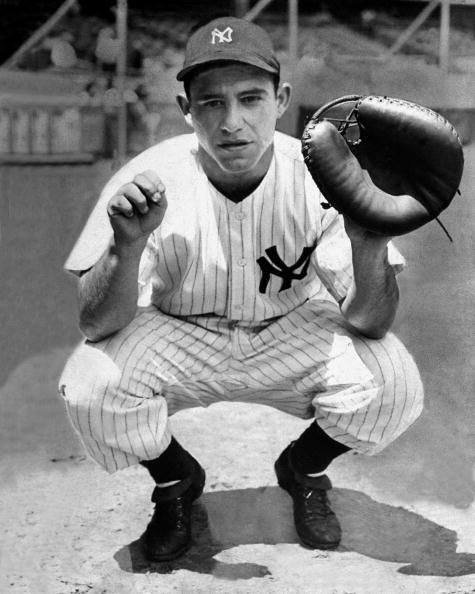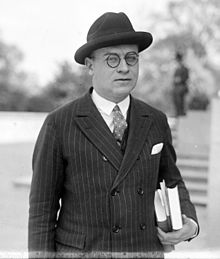1951 – In Tokyo, 50,000 fans are on hand as an American All-Star team battles a Central League All-Star team. Joe DiMaggio hits a 400-foot home run in the 8th inning to tie the game at 1 – 1, then his brother Dom laces an RBI triple in the 9th and later scores to give the Americans a 3 – 2 victory. The Americans have won 12 games and tied one.
1951 – In Tokyo, 50,000 fans are on hand as an American All-Star team battles a Central League All-Star team. Joe DiMaggio hits a 400-foot home run in the 8th inning to tie the game at 1 – 1, then his brother Dom laces an RBI triple in the 9th and later scores to give the Americans a 3 – 2 victory. The Americans have won 12 games and tied one.




